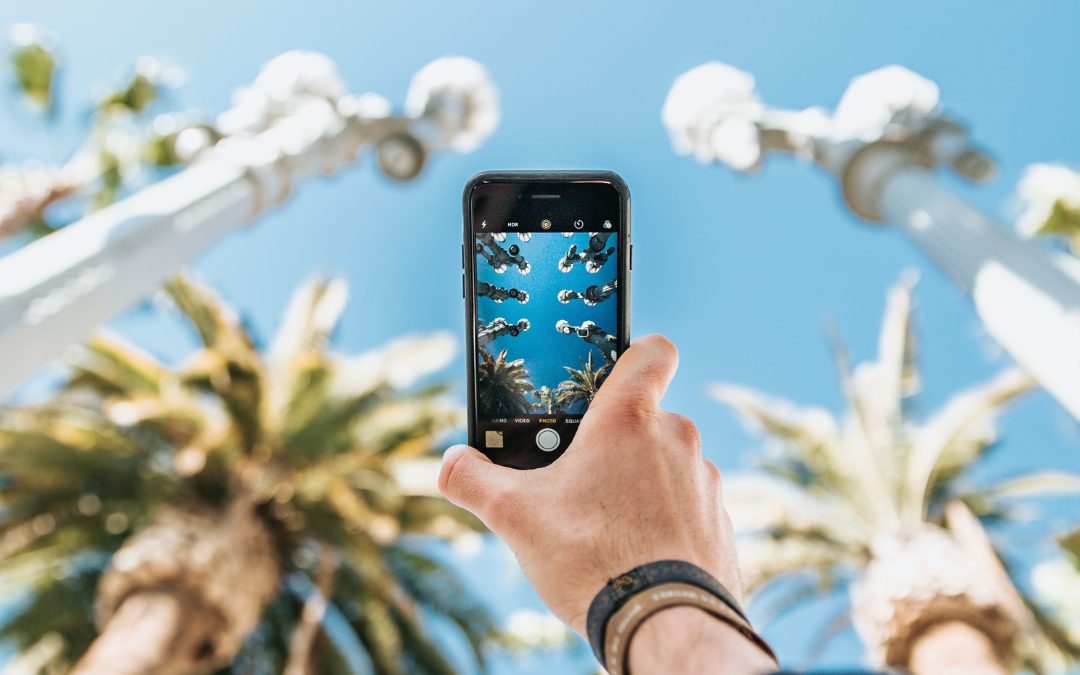Over the course of the last decade, social media has emerged as a viable and critical marketing tool. New platforms utilizing Web 2.0 technologies offer superior interaction and communication between brands and consumers.
This interaction may take place by way of a variety of methods such as liking, commenting on, or sharing the content posted by brands with friends and followers.
In addition to representing a new communication platform for brands, social media can be used to trigger word of mouth and also collect market data and customer feedback.
The effective use of social media may help in improving brand awareness, and brand image and even in achieving better financial performance. Furthermore, social media platforms allow hospitality companies to engage customers online.
However, the opportunities offered by social media haven’t been fully utilized by all companies in the tourism sector alike. Irrespective of their social media presence, hotel activity levels, and engagement with consumers is low.
This is to a certain extent related to the scarcity of scientific research providing a roadmap for digital marketing managers on the most beneficial use of social media in the hospitality sector.
As indicated by Lu, Chen, and Law in a comprehensive literature review, approximately half of the studies on the tourism industry on social media focus on online reviews, whereas those on marketing are limited to 11% of all studies.
Similarly, Alves, Fernandes, and Raposo highlighted the need for further research on companies’ effective use of social media in their systematic literature review.
Thus, the present study attempted to fill this research gap and to provide marketing managers of tourism and hospitality companies with actionable insights, by assessing the performance of relevant social media posts.


